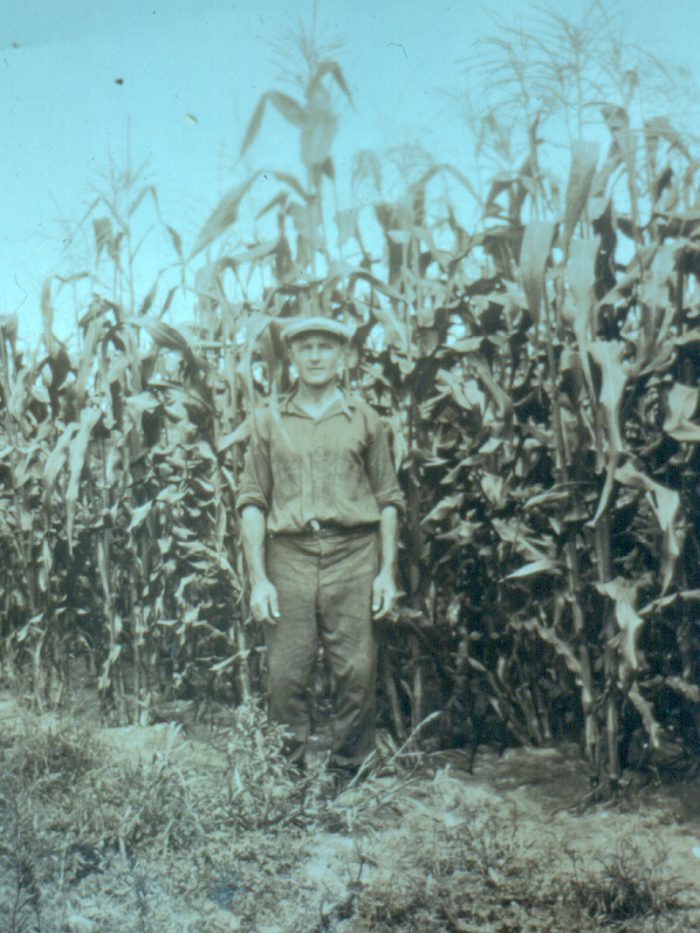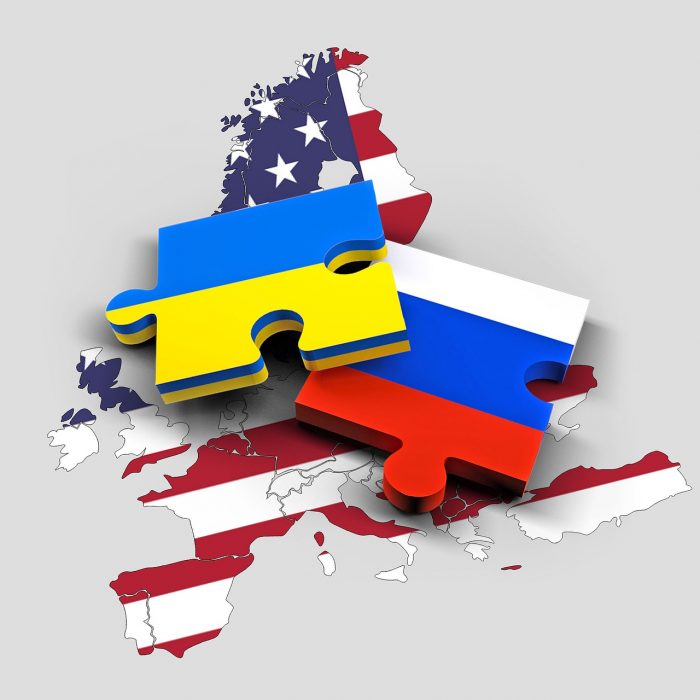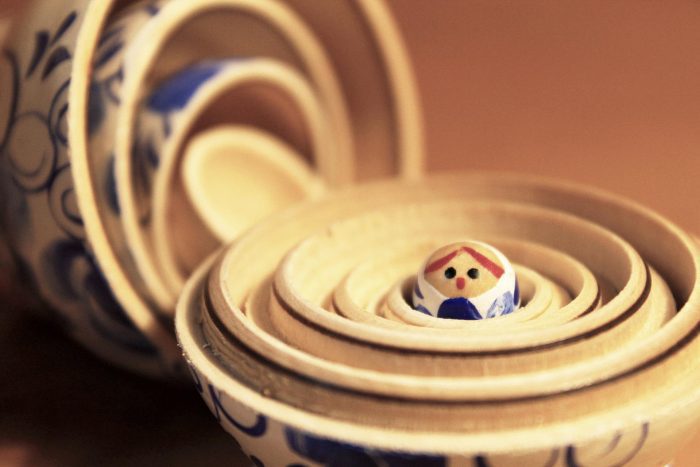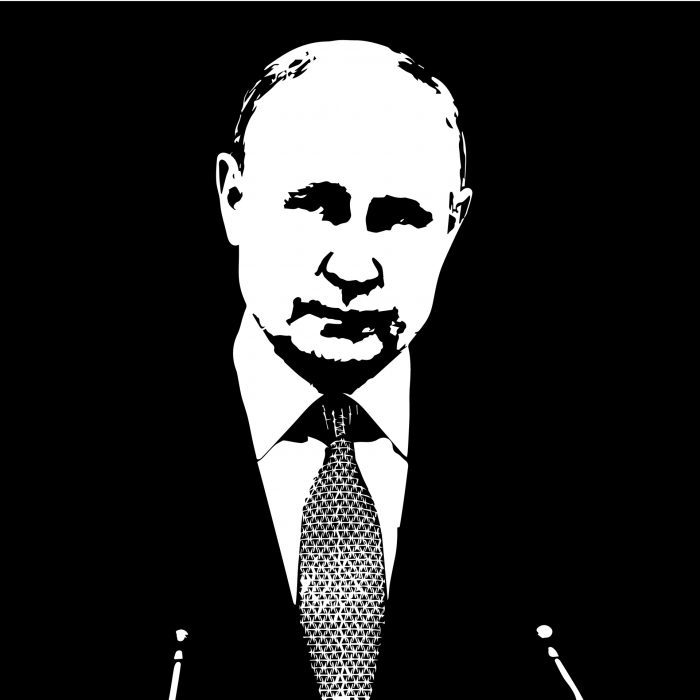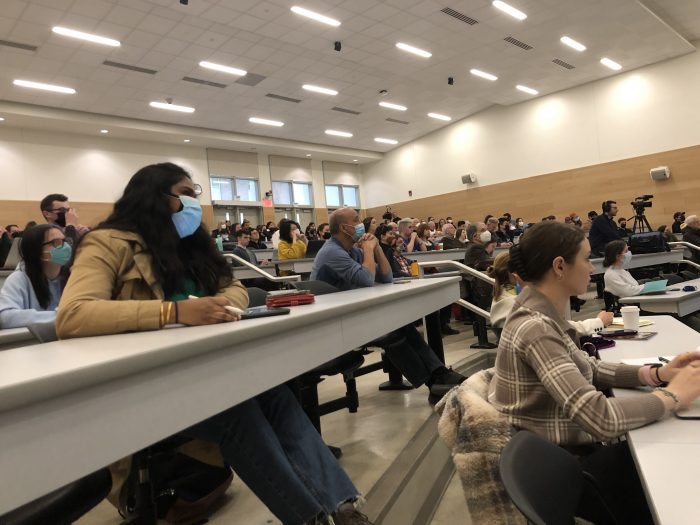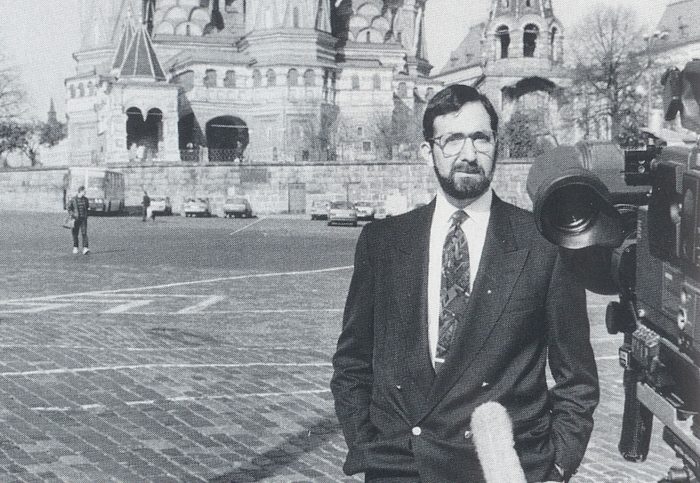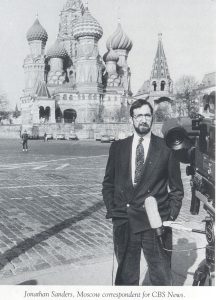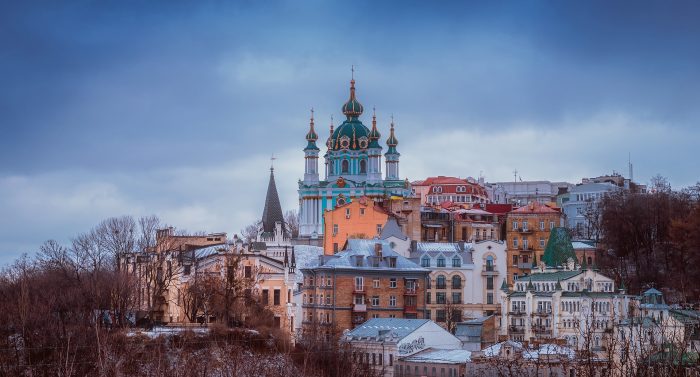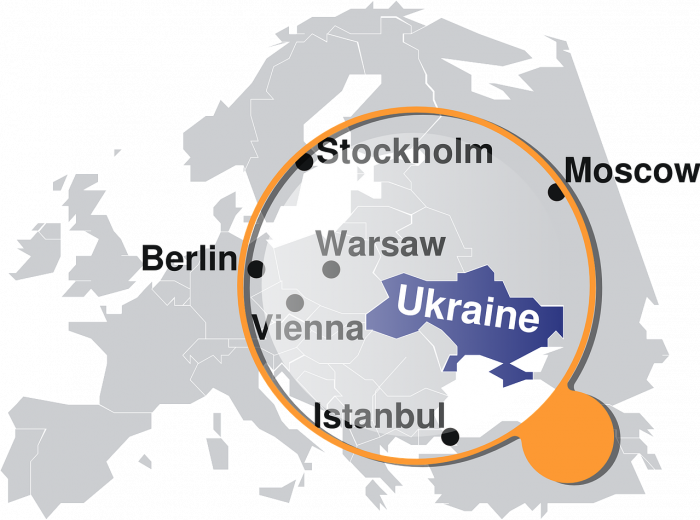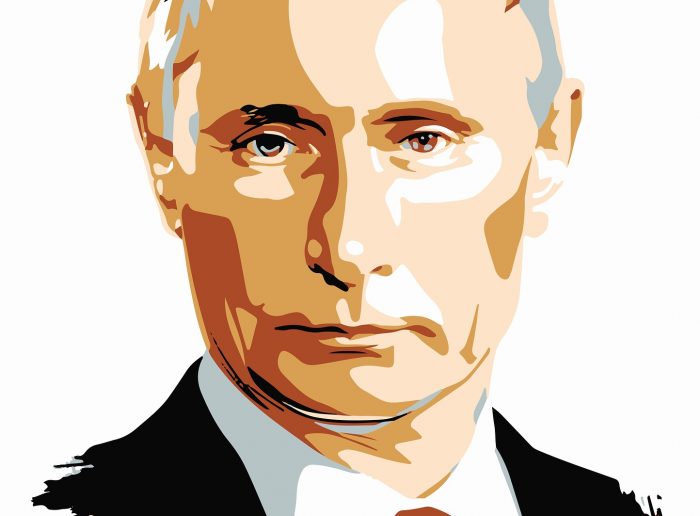By Beverly C. Tyler
“I hereby declare, on oath, that I absolutely and entirely renounce and abjure all allegiance and fidelity to any foreign prince, potentate, state or sovereignty, and particularly to the present government of Russia of whom I have heretofore been a subject; that I will support and defend the Constitution and laws of the United States of America against all enemies, foreign and domestic; and that I will bear true faith and allegiance to the same.” Naturalization oath taken by Thomas Jesaitis on May 24, 1919.

1986 photo by Bev Tyler
Alphonse (Al) Jesaitis remembered fondly his parent’s story of their immigration to America in 1904. “He (Thomas Jesaitis) married my mother (Olga)…a Finn. She was at Helsinki and she was a dressmaker. He started to travel to the United States. They went to Germany, then from Germany to Scotland and that’s where Ann (Al’s sister) was born. Then from there they went to Brooklyn.They had to go on a boat and they come on steerage.They didn’t have much money.”
After Thomas arrived in New York in 1904, he went to work as a stevedore on the docks. Ann Hilliard, Thomas’ daughter recalled. “Father came over first. He got a room and when we came here we slept on the floor.” Thomas and Olga Jesaitis’ next three children, Alfonse, Thomas and Olga, were born in Brooklyn between 1905 and 1908. The last two, Val and Anthony, were born in Setauket.
Al Jesaitis remembered those years. “They decided to come to Setauket. Of course, they were talking to some people—to a lot of Lithuanians and Polish and, of course, then they thought they could come out here. He got a job as a groundsman with Tinker (Poquott)… So he worked there for a while and then when Tinker died…he went to the shipyard (in Port Jefferson) because that was the time that they were paying a pretty good salary…That was during World War I. So he worked there for quite a while and he used to get a part-time job at noon time to oil the booms – the top of the booms – the thing that swings around. After he did it for a while he said ‘Gee, I got too big a family, I might fall out and get killed.’ So he quit. But he didn’t quit his regular job.
“We bought a place up at Barker’s farm on the end of Old Post Road [now Old Post and Canterbury Blvd.]. When we were there for a while, the main thing he was interested in was becoming a citizen of the United States. So Mrs. Bartow took him to Riverhead in a Model T Ford to get his first papers. Of course to get the second papers and finally become a citizen you had to wait three years…That automatically made my mother a citizen…When he came home he was happy ‘cause he made the first step. So he went out in the woods and he cut a big hickory tree – nice slim tree – trimmed it all up and he said, ‘this is gonna be our flag pole when we become a citizen.’

“So three years later [on May 24, 1919], Mrs. Bartow took him back, he got his papers and he came back and he was happy, and up went the flag. And when the flag went up, course all the kids went out. And then my sister Ann, she took an enamel dish pan and a big wood spoon – you oughta see that dish pan after she got through – banging, banging, banging, you know. Then we were singing and I forget just what the song was, whether it was ‘My Country T’is of Thee’ or whatever it was, but we all sang it. That was the happy day. That’s why it’s so important about having the flag up there cause it means something to me to have a flag – we always have a flag up.”
Al Jesaitis joined the Setauket Fire Department at the age of 18, eventually serving as chief from 1952-54. During those years Jesaitis started firefighter training. He served in the Navy during WWII and learned how the Navy fought ship fires. He also served as a Setauket school board member. During that time Ward Melville asked him to review properties for new schools. “In only one case did I disagree with Mr. Melville,” he said. “There was this moonshiner set up where the Nassakaeg school was to be built. We didn’t know who they were and I was afraid they would stay in the woods around the school. Of course we went ahead with the school. Charlie [Bickford] and I took the empty moonshine barrels to Randall’s, cut them in half and made planters out of them.” After Setauket’s merger with the Stony Brook School District, Jesaitis left the board to become Three Village School District Superintendent of Buildings and Grounds.
Jesaitis had a soft, wry sense of humor, and together with his best friend, Charlie Bickford, he could tell amusing and believable stories about the people in Setauket. Jesaitis was asked once about what was done with the chamber pot that was kept under the bed to use on cold nights when going to the outhouse was the last thing on people’s minds. “Well”, he said, “we’d just leave it until morning, it froze, of course. Then we’d take it down to the kitchen and put it on the stove to thaw.” He made it sound so logical that the story was never questioned. Jesaitis and Bickford got a good chuckle out of that.
Al Jesaitis died on Oct. 1, 1992. He was the proud son of immigrant parents who, along with hundreds of thousands of others, came to America to find a better life and in turn made life better for all of us.
Beverly Tyler is Three Village Historical Society historian and author of books available from the Three Village Historical Society, 93 North Country Rd., Setauket, NY 11733. Tel: 631-751-3730, www.TVHS.org

